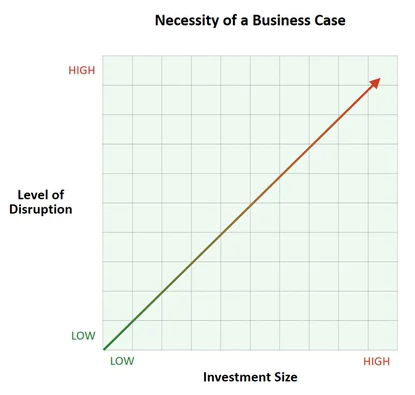A key stop for many on the buyer’s journey is understanding the value of an offering. Does your marketing or sales organization know which buyers would benefit from knowing your solution’s value? If they do know, how well do they communicate your value proposition to those buyers?
As economic uncertainty and disruption linger, B2B companies remain challenged to engage buyers and meet revenue targets. This can be difficult because buyers are more cautious and risk averse in today’s environment. You need more than the usual “marketing collateral-sales presentation-product demo-proposal” routine to close this gap.
Communicating Value
Every buyer wants to understand why they should make a change. If you can answer that fundamental question, you will be more successful bringing buyers and sellers together. Building a business case around the buyer’s specific environment and unique problems will provide the financial justification for making a change.

Ask yourself these key questions to determine whether your marketing and sales process would benefit from providing buyers with the business case for your offering:
- To what degree does your offering change/disrupt your customer’s business?
- What is your customer’s level of investment to purchase and implement your offering?
Measure your answers to these questions against this simple graphic to easily see whether your buyers require a business case as part of their purchase decision.
Determining Disruption
Ascertain the level of disruption to your customer’s business by considering how much your offering will require changes to their staffing, processes, systems, and business model. For example, selling them a new payroll system would not necessarily be a disruptive change because it only affects the day-to-day responsibilities of discrete subsection of the organization.
In contrast, selling a human resources management platform would definitely be a disruptive change because it will affect employees from the VP of HR and department managers/supervisors to front-line workers. It will also change processes such as recruiting, employee evaluations, learning and development, talent retention, and succession planning. For such an offering, the disruptive nature of the solution increases the likelihood of needing a business case.
Investment
There is a direct correlation between the customer’s total investment to buy, deploy and maintain a solution and the need for a business case. It is not worth buyers’ time to analyze the fiscal impact of a $5,000 investment that can be approved by a department manager. The typical threshold for financial scrutiny is a selling price of at least $20,000.
With that said though, an expensive purchase may not need a business case if the level of disruption is low. Imagine you are a steel supplier and represent a lower-price alternative to a customer’s existing supplier. Even though changing suppliers might represent a six-figure sale for you, it will not cause any major disruption to how the customer currently operates. Therefore, it will not require a business case. To complete the sale, the customer might only ask for references to gain assurance that your product meets their technical specifications and delivery schedule.
Building a Business Case
If you determine that your offering requires a business case to help buyers justify the cost, there are two ways to make that happen.
- Make a self-service value calculator available to buyers across all your digital channels, which provides amazing benefits.
- Equip your sales reps with an ROI tool. This allows them to engage in deeper value conversations with buyers and create solid financial justification for your offering.
Conclusion
The likelihood that you will need a business case to close a deal grows in tandem with the level of disruption and size of the investment. When faced with these conditions, be prepared to help your customer build a business case or provide them with one. The worst thing you can do is leave it to your customer or competitor to fill that void.

Resources
Connect with David Svigel on LinkedIn.
Join the Value Selling for B2B Marketing and Sales Leaders LinkedIn Group.
Visit the ROI Selling Resource Center.














